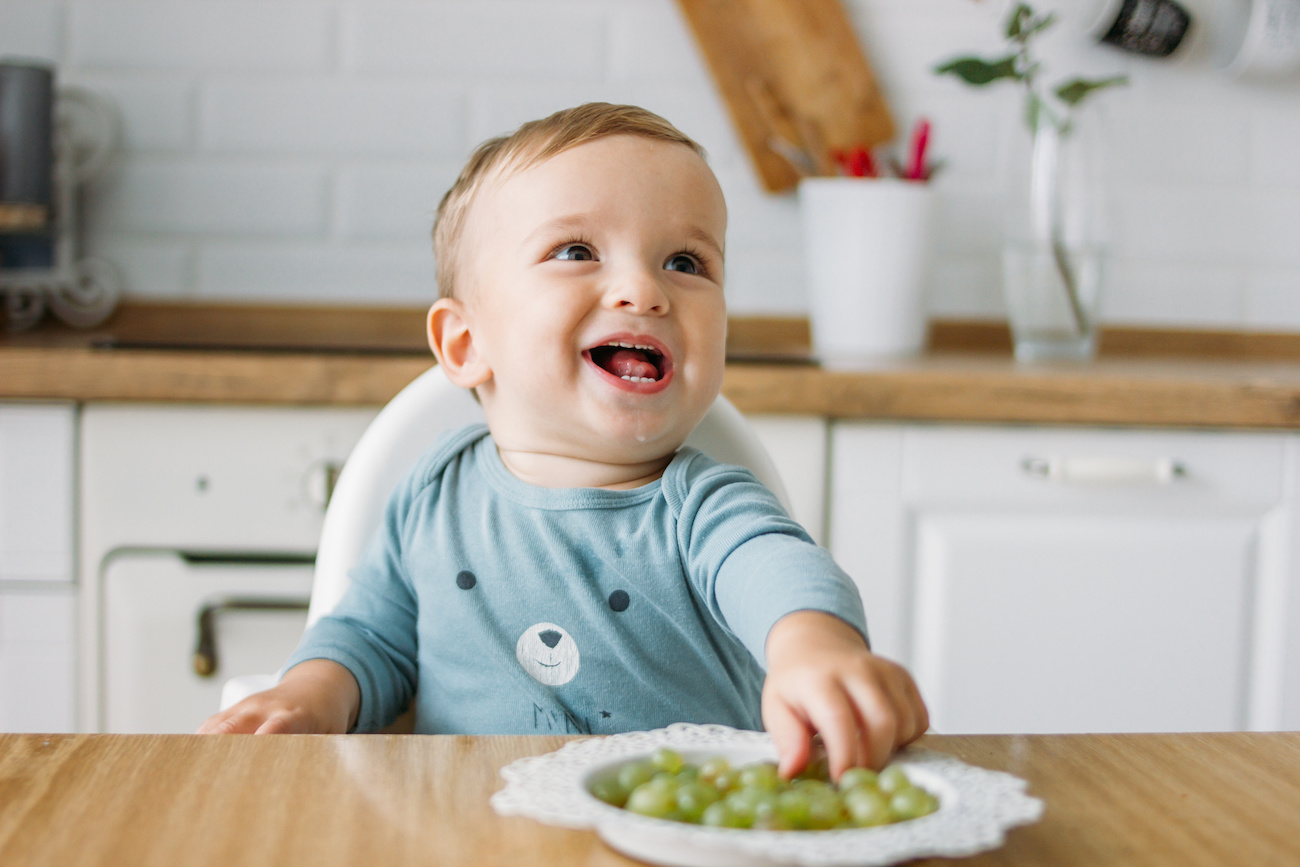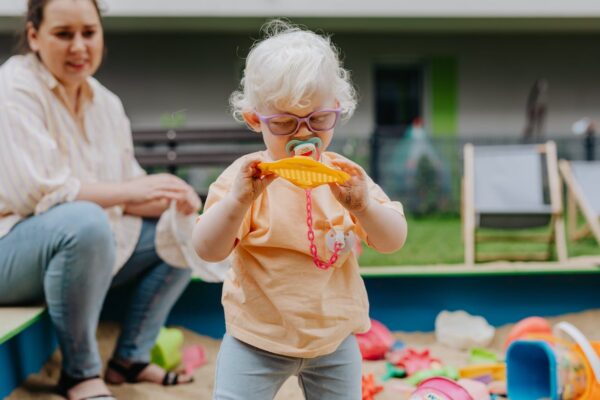Why Use a Pacifier?
Comfort Your Baby
If your baby remains fussy despite your best efforts, remember that all babies have a natural sucking reflex. A pacifier can be a source of comfort, helping soothe your little one.
Reduce Risk of Sudden Infant Death Syndrome (SIDS)
Pacifier use has been linked to a reduced risk of SIDS. A review of global research, including studies from the USA, supports this finding. However, it’s important to use pacifiers judiciously due to potential issues. The Mayo Clinic offers valuable insights on this.
Better than Thumb Sucking
Transitioning away from a pacifier is generally easier than breaking a thumb-sucking habit, offering an advantage in early childhood. Click here to book a dental appointment.
Why Stop the Pacifier?
Dental and Oral Changes
Prolonged use of pacifiers can lead to dental issues like cavities, crooked teeth, and gum disease, particularly if used past age 5 or coated with sweet substances. It may also cause a gap between the upper and lower teeth or flaring of the top teeth, increasing the likelihood of needing braces.
Changes in Bone Structure
Extended pacifier use can narrow the palate, leading to misalignment of the back teeth and potential jaw issues. Timely cessation is crucial to avoid long-term changes in facial bone structure.
When to Stop the Pacifier
Begin Weaning at Age 3
This is an ideal age to start gradually reducing pacifier use.
Stop by Age 4
To prevent permanent damage to teeth and facial bones, it’s critical to discontinue pacifier use by this age.
How to Stop the Pacifier Habit
Different children may respond better to different approaches. Here are some methods:
- Cold Turkey: Remove all pacifiers from the house.
- Soother Exchange Program: At Playtime Pediatric Dentistry, we offer a certificate and prize in exchange for soothers.
- Replacement with Comfort Objects: Offer a doll or stuffed toy as an alternative.
- Soother Fairy: Create a magical experience by exchanging the pacifier for a small gift.
- Bye-Bye Binky Party: Celebrate this milestone with a special party.
- Cut the Tip: Gradually reduce the pacifier’s suction by trimming it, as advised by the American Academy of Pediatric Dentistry.
Book an Appointment

As with adults, your child needs to get their teeth cleaned and a dental checkup every six months. Kids should start going to the dentist soon after their first tooth erupts or around their first birthday, whichever happens first. Click here to book a dental appointment.
